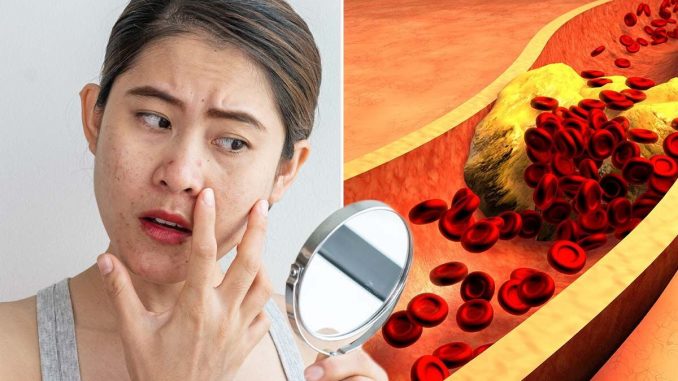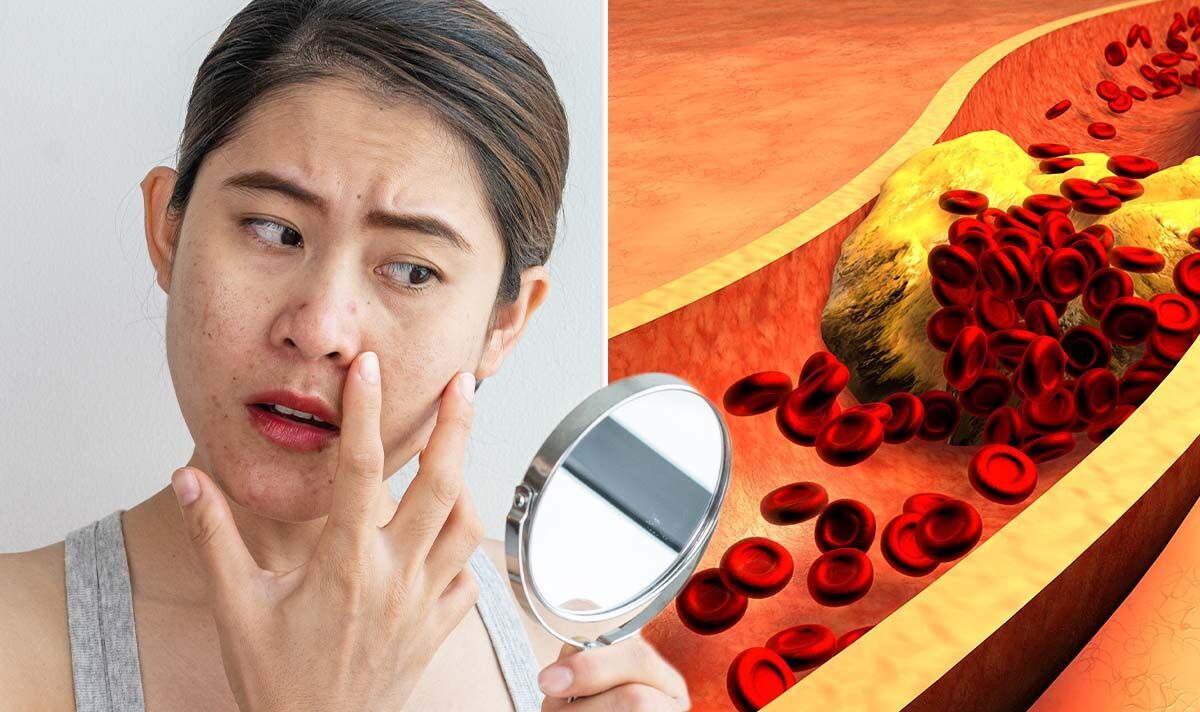
 Despite what we think, cholesterol isn’t the scourge it’s made out to be. Cholesterol in excess, on the other hand, could be dangerous.
Despite what we think, cholesterol isn’t the scourge it’s made out to be. Cholesterol in excess, on the other hand, could be dangerous.
Cholesterol facts can be found at the American Heart Association’s website. Despite its reputation as “bad,” cholesterol is actually a waxy molecule. Your body needs it for the development of cells and the generation of vitamins and other hormones.
Heart attacks and strokes are more likely to occur in those with high cholesterol.
In order to show that you are attentive to your health, you should regularly check your blood lipid levels. As a result, many of us are unaware of the importance of monitoring our cholesterol levels or are unaware that it is even necessary.
Our bodies, on the other hand, can tell us when our blood sugar levels are dangerously high. Waxy, yellow-orange growths on the skin of others or on your own face may have caught your attention. Your body is sending you signals to let you know that your cholesterol levels are out of control.
Cholesterol deposits may be the cause of these orange-yellow skin growths. These deposits can be found in the corners of your eyes, the lines on your palms, and the backs of your lower thighs.
Xanthelasma, the medical term for cholesterol deposits on the eyelids, is distinguished from Xanthoma, the term used to describe cholesterol deposits elsewhere in the body.
Table of Contents
Cholesterol levels can be elevated for a variety of reasons, including:
- It could be genetic.
- It’s possible that unhealthy habits like overeating fat, not getting enough exercise, or abusing tobacco and alcohol are to blame.
- There is a chance that you are overweight.
Cholesterol is a type of lipid.
The two kinds of cholesterol are LDL cholesterol, which is detrimental, and HDL cholesterol, which is helpful. If you have too much LDL or not enough HDL, your chance of developing coronary heart disease and brain disease increases. Heart.org states: “Cholesterol can build a thick, hard deposit on the inner walls of the arteries when it mixes with other substances.” An arterial disorder called atherosclerosis causes the arteries to contract, resulting in a loss of flexibility. It’s possible that a blood clot in one of these narrowed arteries will cause a heart attack or stroke. “
